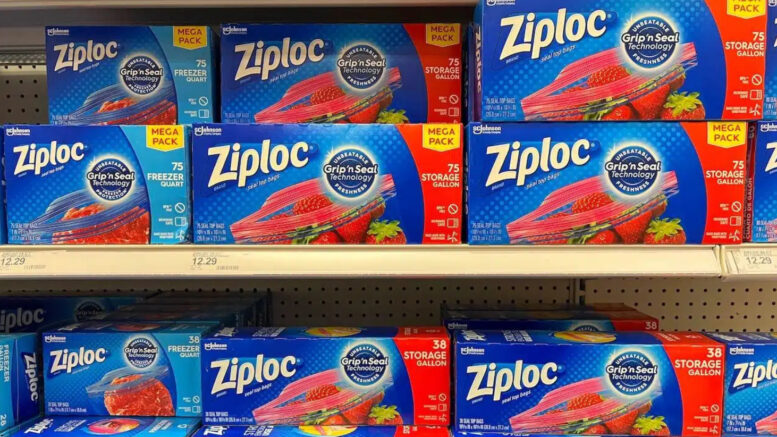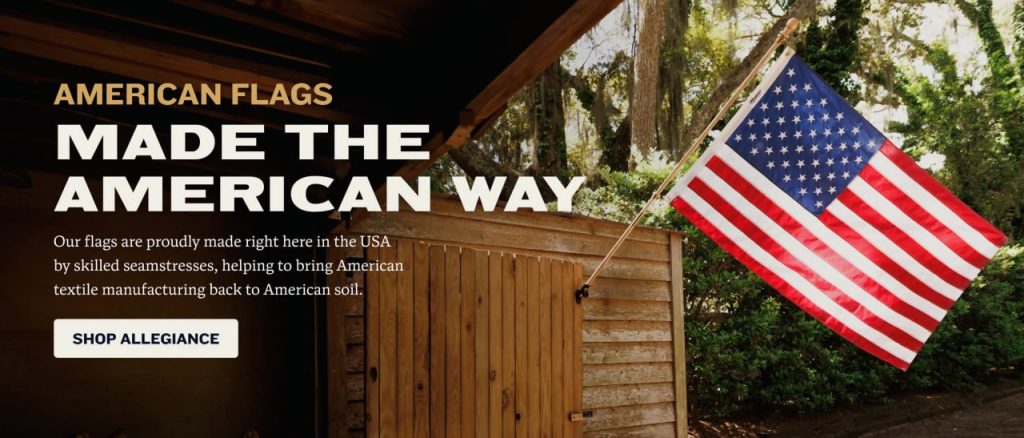Ziploc bags and containers, those kitchen staples, face a class-action lawsuit alleging they’re not safe for microwave or freezer use. Plaintiff Linda Cheslow accuses S.C. Johnson & Son of falsely marketing these products as “microwave safe” and “freezer friendly,” despite their polyethylene and polypropylene materials potentially releasing harmful microplastics under extreme temperatures. Consumers, trusting these claims, may have unwittingly invited microplastics into their meals. This revelation, reported by Top Class Actions, raises eyebrows about everyday kitchen practices. Meanwhile, the lawsuit, filed in California, demands accountability for misleading labels that could jeopardize health.
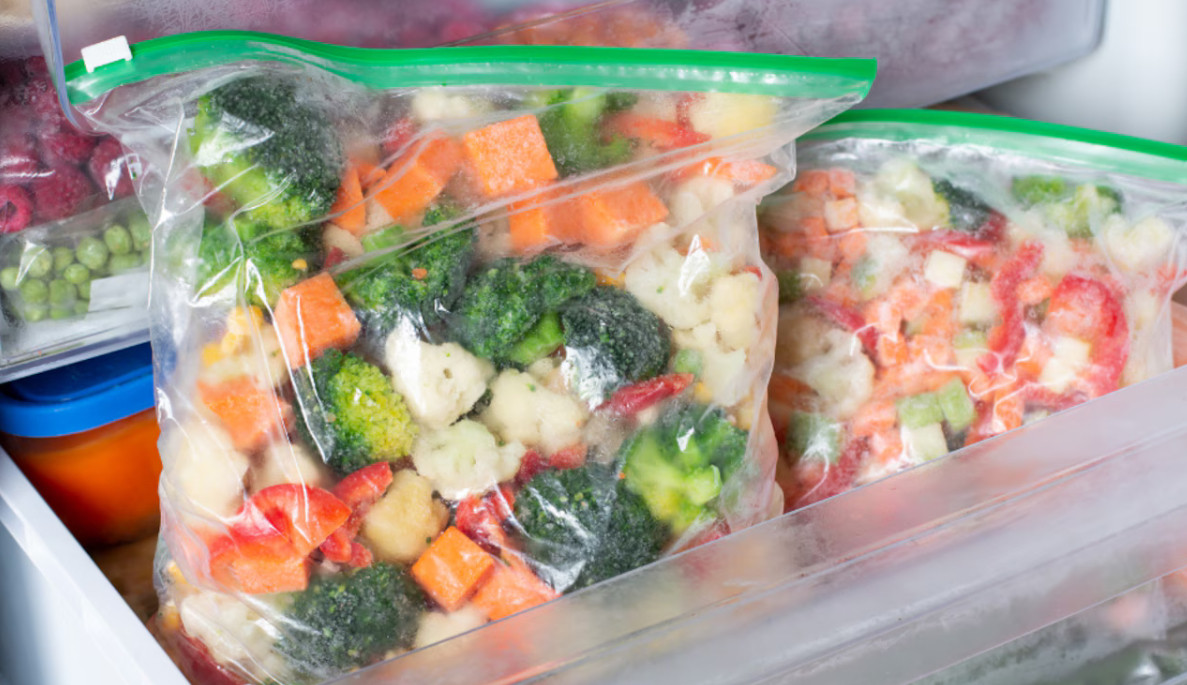
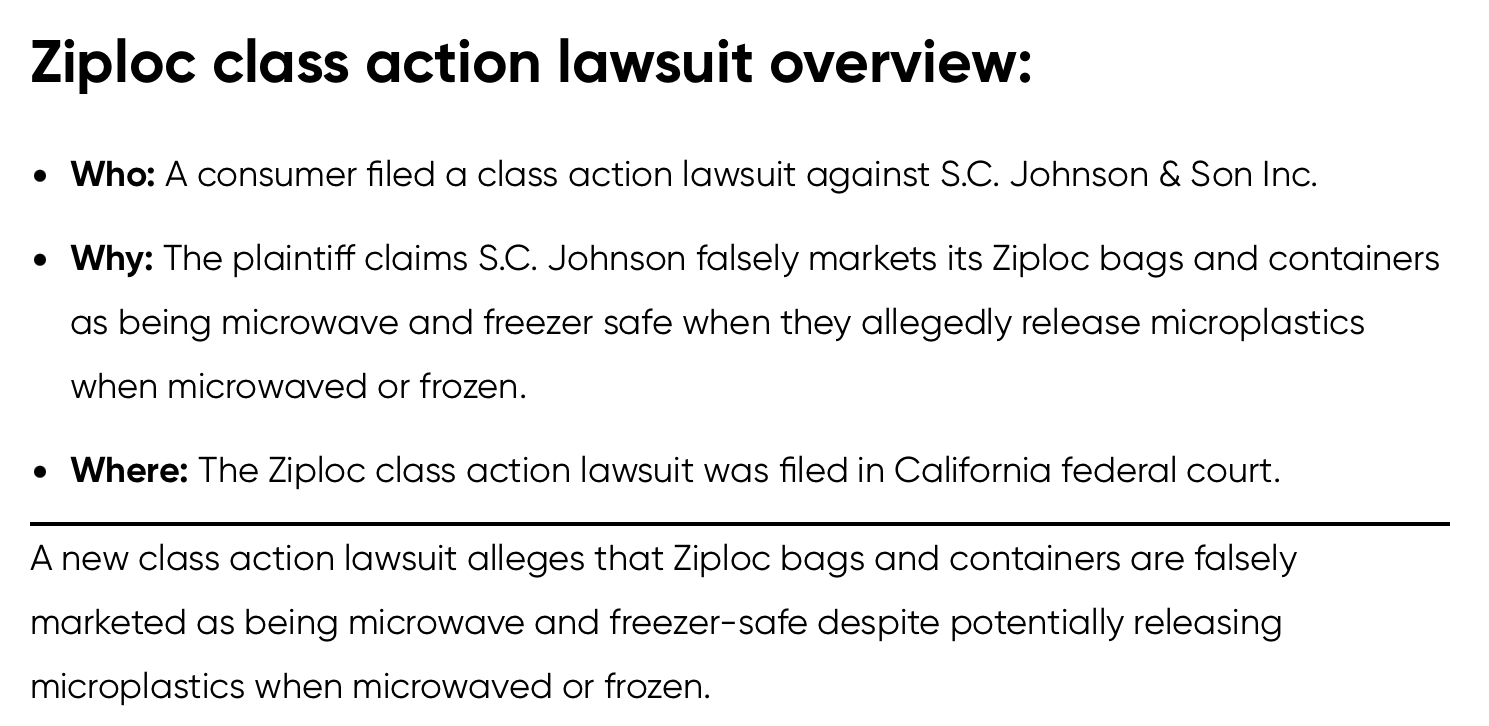
Microplastics in Your Microwave Popcorn?
Now, consider popping leftovers into Ziploc bags and containers for a quick microwave zap. The lawsuit claims these products shed microplastics when heated, potentially turning dinner into a plastic-infused feast. Freezing fares no better—those icy temps reportedly cause structural breakdown, releasing tiny plastic particles. CNET notes that such exposure, especially from repeated heating or freezing, could pose health risks. Yet, S.C. Johnson’s labels cheerfully proclaim safety, lulling consumers into a false sense of security. This isn’t just a kitchen quibble; it’s a call for transparency in product safety claims.
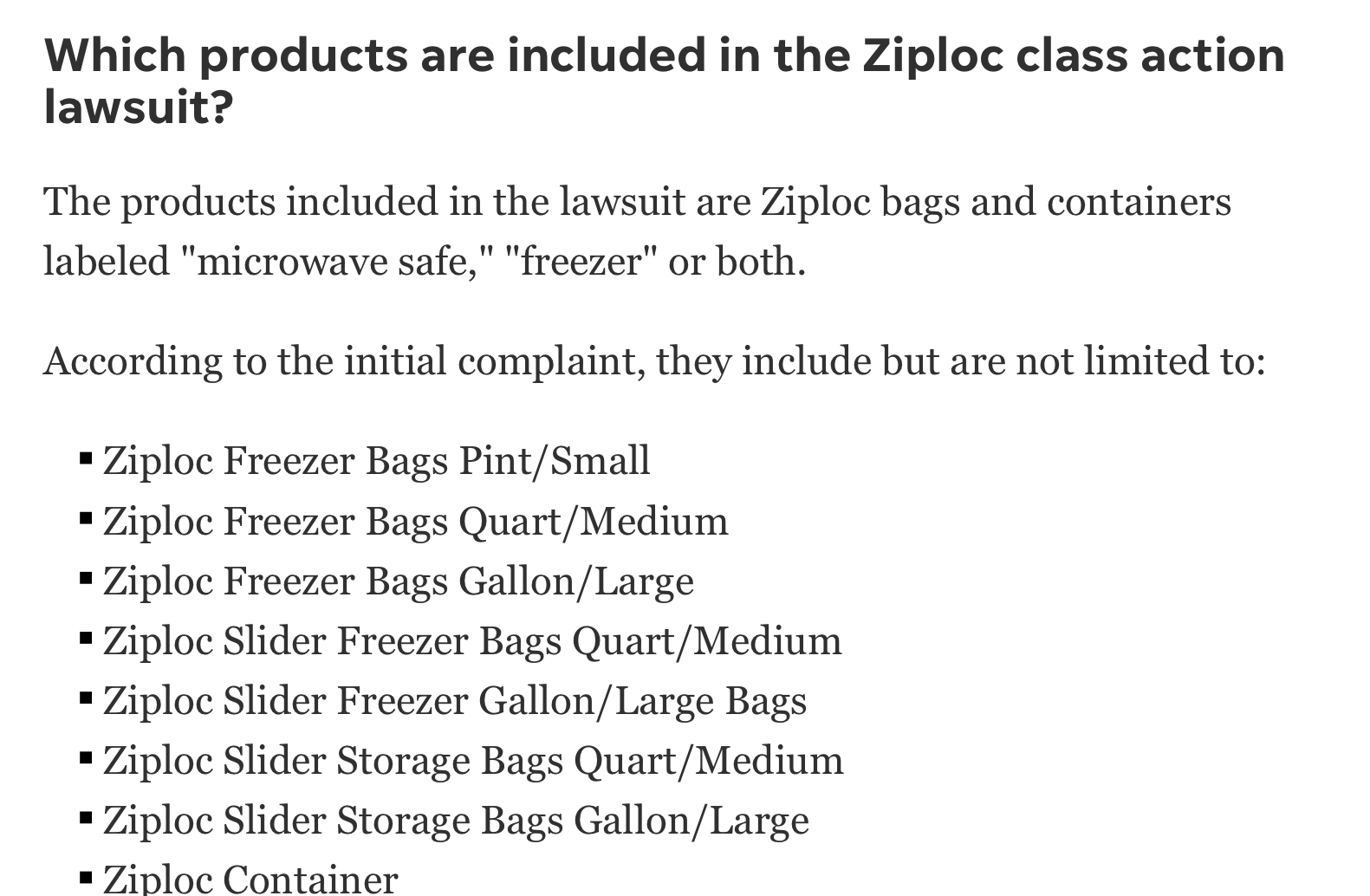
A Chilling Effect on Consumer Trust
Furthermore, the lawsuit highlights a broader issue: trust in household brands. Ziploc bags and containers, marketed as kitchen heroes, now face scrutiny for potentially harmful omissions. The American Chemical Society’s 2023 study revealed that plastic containers can release millions of microplastic particles during brief microwave sessions. Consumers deserve to know what’s sneaking into their food, especially when labels promise safety. This case, covered by NBC Bay Area, underscores the need for rigorous testing and honest marketing to protect families from unseen risks.
Time to Toss the Plastic?
Ultimately, this lawsuit against Ziploc bags and containers sparks a reckoning for plastic reliance. With health risks tied to microplastics, conservatives champion personal responsibility and informed choices. Glass or silicone alternatives, as suggested by experts, sidestep these concerns while keeping kitchens humming. The government shouldn’t nanny consumers, but companies must stop hiding behind deceptive labels. As About Lawsuits reports, this case could reshape how Americans view “safe” plastics.
So, is it time to ditch Ziploc bags and containers for good? Readers, what’s your take—stick with plastic or switch to safer options?
Follow the author on X: @CardioFixer
